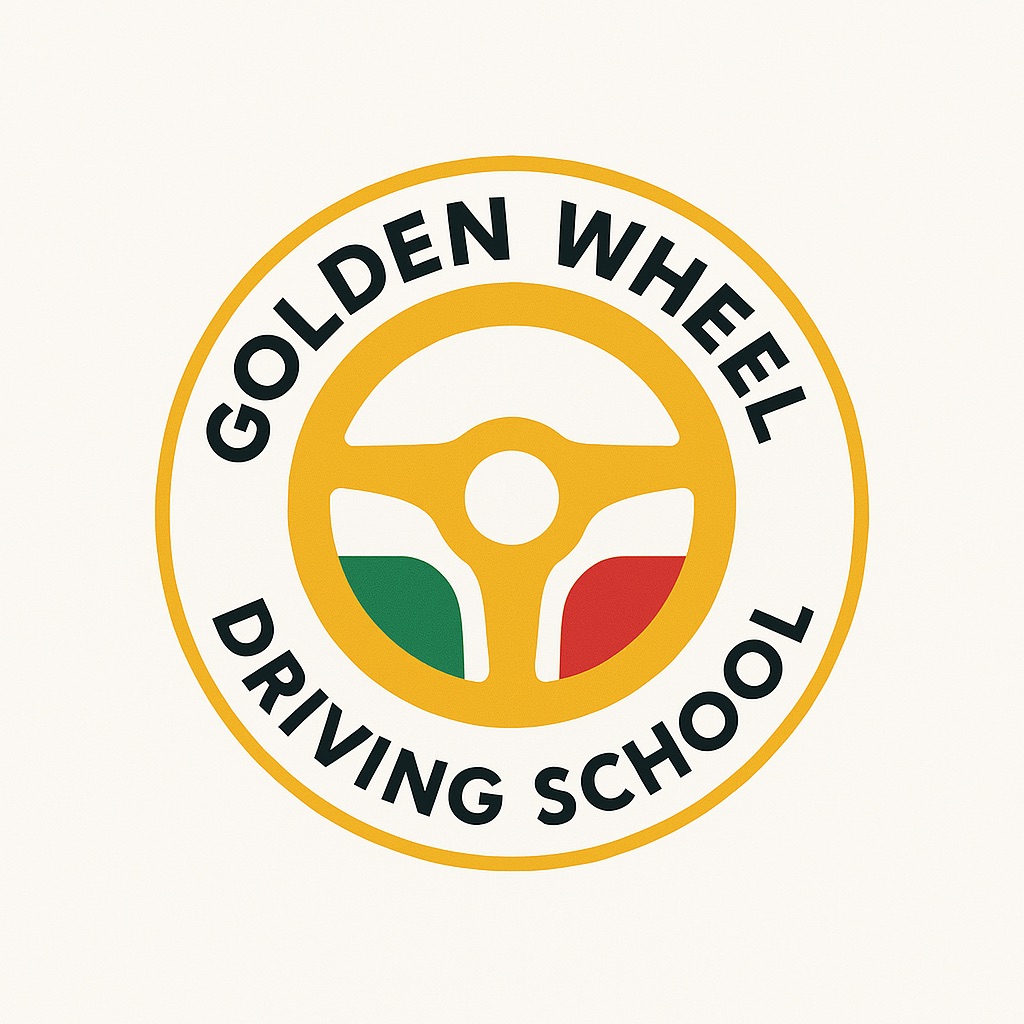Choosing the right driving school can be a daunting task, especially when you’re trying to ensure you get the best value for your money. By knowing the right questions to ask, you can make an informed decision and find a driving school that fits your needs and budget. Let’s explore these essential questions together.
1. What is Included in the Course Package?
Understanding what you’re paying for is crucial. Some schools might offer comprehensive packages that include everything you need, while others might charge extra for materials or practice tests. Be sure to ask for a detailed breakdown. Some packages might also include a few practice sessions in a real world environment or online modules for theory learning. It’s important to ask about whether the cost covers the test fee or if that’s a separate charge. This can have a big impact on your budget, as these fees can add up quickly. Considering these elements can help you decide whether the package is comprehensive enough for you or if you’ll need additional lessons or materials that could incur more costs down the line.
An important aspect of choosing a driving school is to check what kind of instruction methods are available. Are there simulator training options or exclusive resources that can give you an edge? With advancements in technology, some schools may provide virtual simulators, which enhance the learning experience by replicating real driving scenarios without leaving your home. Furthermore, these modern teaching aids ensure you get a thorough understanding of driving mechanics at your own pace. It’s a good idea to see if such innovative techniques form a part of your package.
You might also want to ask about any additional support the school provides, like refresher sessions or access to expert guidance should you need it. You could be surprised to discover that some schools offer lifetime access to those who’ve successfully completed a course, permitting students to revisit and take refresher lessons if ever needed. Knowing what extra features you might be entitled to can set a school apart from its competitors, giving you more confidence that your investment covers all potential learning shifts you might encounter.
2. Are There Additional Fees?
Besides the standard course fee, there could be additional costs such as registration fees or mandatory study materials. Inquire upfront to avoid surprise expenses later on and ensure transparency in pricing. It’s also a savvy move to ask about any cancellation charges or rescheduling fees, which can spike unexpectedly.
Watch out for any add-on costs for the training vehicle usage during testing. Certain states might require a specified type of car, potentially altering fees and logistics. Lack of clarity over these extras might lead to you burning unnecessary holes in your pocket.
3. What is the Instructor-to-Student Ratio?
The quality of your learning experience can be significantly influenced by the amount of individual attention you receive. Check to see if the school maintains a low instructor-to-student ratio for more personalized guidance. A supportive learning environment can significantly enhance the overall educational impact, encouraging easier understanding and retention of driving techniques. Ask the school if their instructors are trained to accommodate different learning styles or cater to students with specific needs. A personalized, adaptable approach eases both beginner drivers and those with anxiety.
Personal interaction with instructors, which a lower ratio affords, also enhances feedback quality, ensuring quicker resolution of issues or misconceptions. You’ll want a learning road paved smoother with individual attention, support, and encouragement. Evaluating the program support situation can help you ensure this aspect is up to par.
Knowing how the school manages these aspects can define the difference between simply passing the driving test and cultivating confidence and responsible driving skills. Instructor empathy and patience are sometimes the unspoken yet essential part of the learning journey—one-on-one interaction provides this space. Thus, understanding the practical approach a driving school takes, especially related to instructor availability and attention, is important for good decision-making.
4. What is the Experience Level of the Instructors?
The expertise and teaching style of your instructors can affect how well you learn to drive. Ask about their qualifications, experience level, and any additional training they’ve received to ensure you’re in good hands. It is often said that being taught by those with real-world experience as opposed to merely theoretical knowledge delineates the boundary between good and great driving instructions. This extends far beyond course syllabus into impromptu quirks of practical driving.
Consider instructors who have been part of rewarding schemes, certified or received distinctions in teaching. Also, look for schools that ensure continuous training for their instructors, ensuring their teaching methodologies periodically updated to include latest road safety measures and vehicle technology. This not only increases trust but encourages an optimal learning sphere for students adjusting to the nuances of driving.
An experienced instructor not only teaches but also mentors, guiding learners through stressful parts of the driving course with grace. The ability to alleviate nervousness comes naturally to seasoned instructors, offering reassurance and understanding to new drivers venturing into an entirely new skill set. Building this rapport translates into practical results, enhancing confidence in road control, hazard judgement, and effective maneuvering.
5. Is There Flexibility in Scheduling Lessons?
Finding a school that can accommodate your schedule is essential, especially if you have other commitments. Check if they offer lessons at various times, including evenings and weekends, to fit your availability. It’s a crucial decision point for corporate clients and learners managing hectic work schedules or academic projects. Many schools, understanding this demand, offer flexible segments customizable around a student’s timeline, which greatly eases scheduling pressures.
Inquire whether the school offers an online booking platform to monitor and tweak your learning schedule. This is valuable for maintaining uninterrupted learning flow, ensuring that driving skills are consistently honed without delay. Some schools even integrate reminders and feedback loops into such systems, keeping students informed about their progress trajectory and burgeoning areas needing focus.
6. What is the Pass Rate for Students?
A high pass rate may indicate effective teaching methods. Inquire about the school’s success rate, as it can be a useful indicator of quality instruction and student satisfaction. It offers a flash-tour of the institution’s efficiency, providing measurable evidence of student guidance and learning result outcomes.
A reflected pass rate should also be measured against course intensity, instructor dedication, and even post-course support facilities offered by the school. Are the students gaining proficiency through rigorous coaching combined with motivational encouragement? Understanding these dynamics gives a balanced view when comparing different driving schools. Not every school adopts the same teaching mechanisms; hence, benchmarks for success should embrace these nuances according to industry standards.
7. Do They Offer Any Special Discounts or Packages?
Price reductions can make driving lessons more affordable. Ask if the school provides any special promotions, discounts for early payment, or package deals that could help save on costs. Many institutions offer bulk recommendations or group deals advantageous for families or colleagues venturing into learning together.
Investigating potential deals also reveals insights into seasonal or recurring discounts opportunistically adapting markets. Keeping an eye on these trends, especially regarding introductory offers can be rewarding for learners, further lessening financial loads. This awareness element taps into marketing incentives driving schools extend to new learners. Therefore, a reconnaissance of significant discounts—either percentage-based or full-course reductions—becomes a good tactic for long-term investment, particularly for learners requiring more lessons to master.








